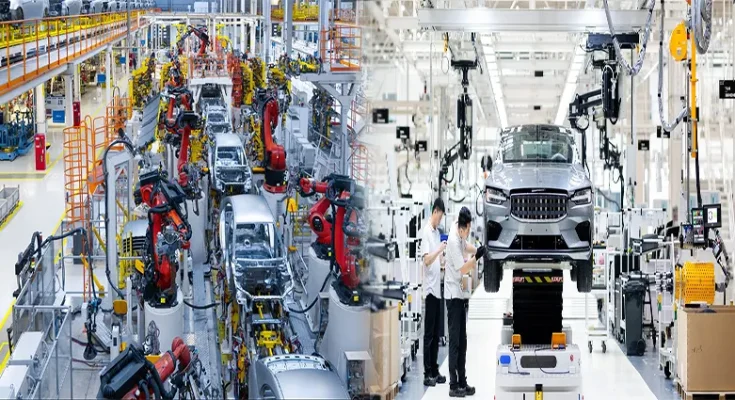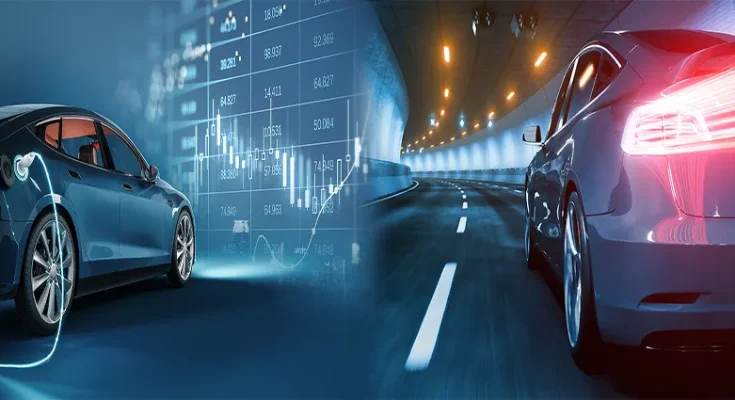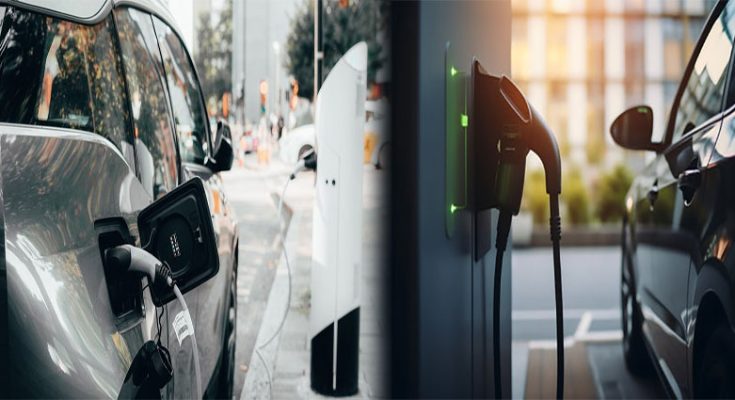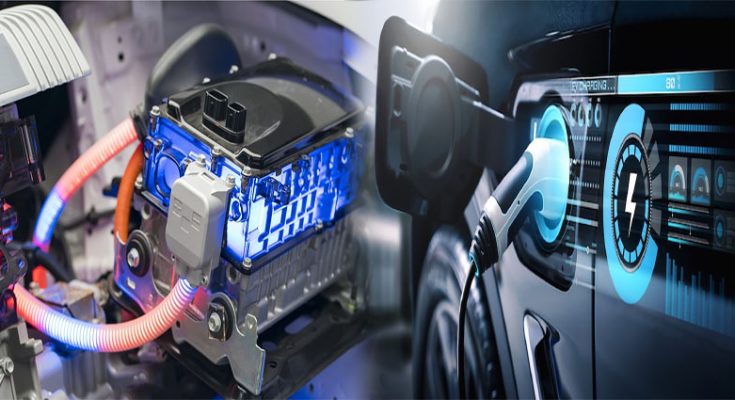
Breaking News: Car Recalls and Safety Regulations Update for 2025
The automotive industry is undergoing a significant shift towards prioritizing safety and regulatory compliance in the design and production of vehicles. As 2025 approaches, there are several breaking news updates on car recalls and safety regulations that are poised to impact manufacturers, consumers, and the industry as a whole.
Increased Emphasis on Vehicle Safety Standards
In response to rising concerns about road safety, regulatory bodies worldwide are intensifying their focus on implementing stringent safety standards for automobiles. With advances in technology and engineering, the demand for enhanced safety features is shaping the design and manufacturing processes of vehicles. Car manufacturers are under increasing pressure to adhere to updated safety regulations, encompassing areas such as crashworthiness, occupant protection, pedestrian safety, and electronic stability control.
Rapid Response to Defects and Recalls
As part of the commitment to ensuring consumer safety, car manufacturers are proactively monitoring their vehicles for potential defects and safety …
Breaking News: Car Recalls and Safety Regulations Update for 2025 Read More




